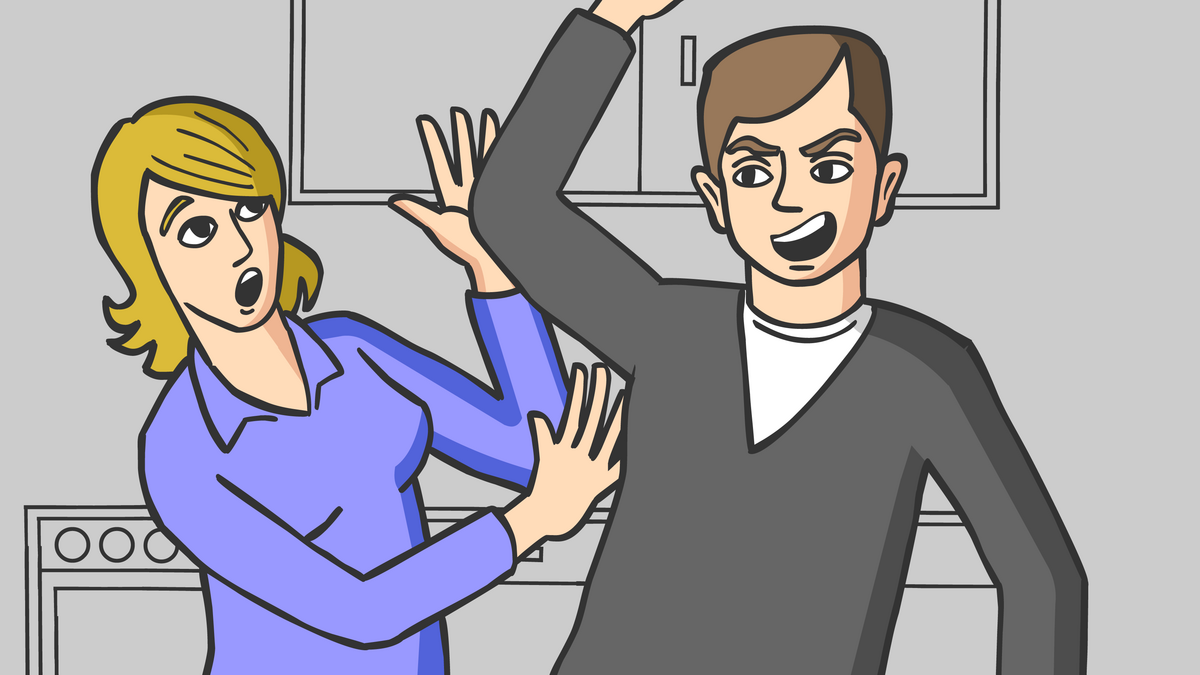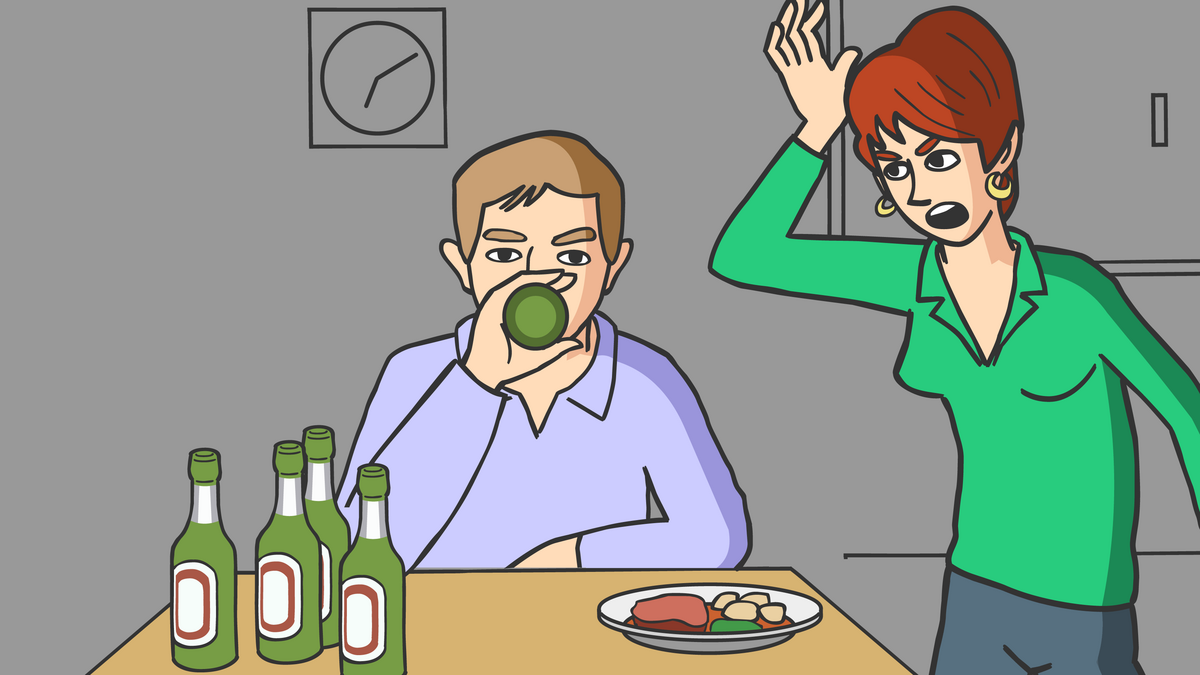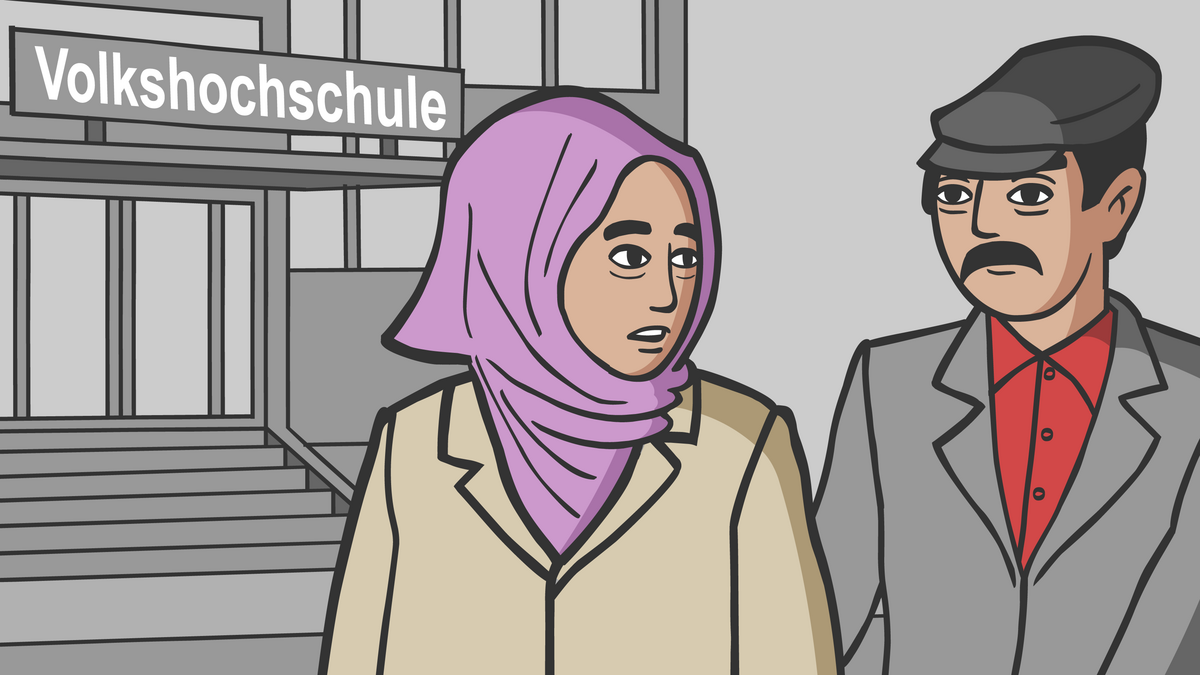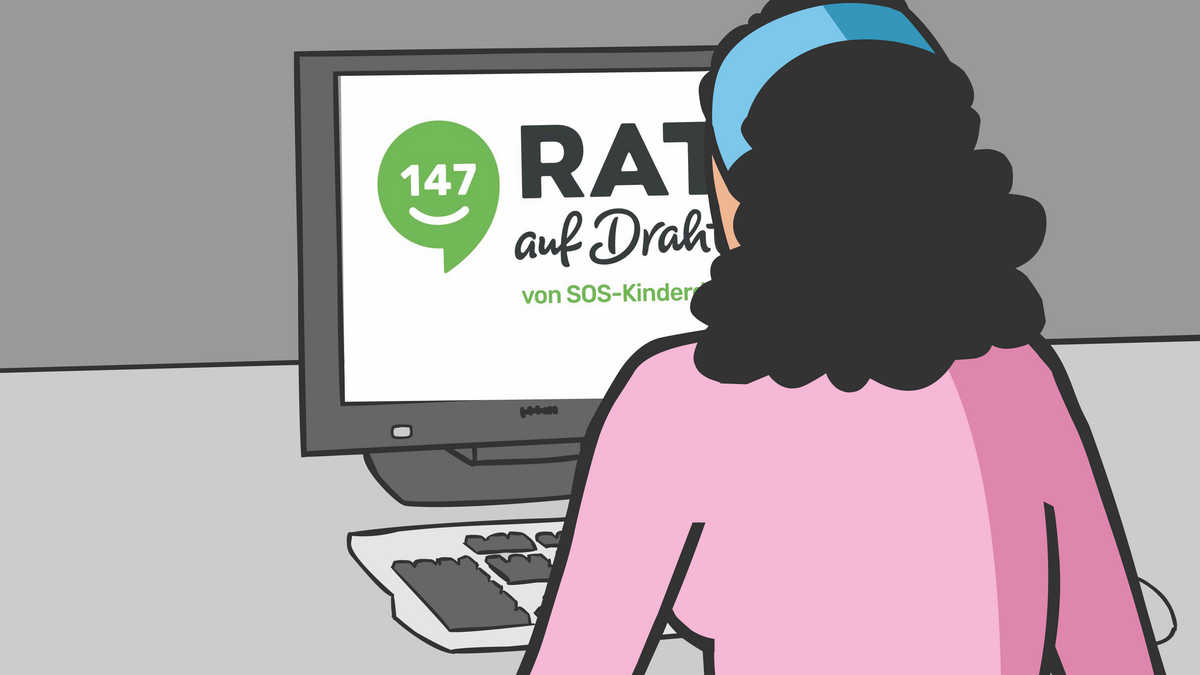Help for my parentsCan I help my parents?




It’s not your responsibility to protect your parents from violence. But you can get help.
It’s not your job to end the violence. There are advice centres for adults. They specialise in people who have experienced domestic violence.
-
Why are my feelings about my parents so ambivalent?
-
Perhaps you love both parents a lot and cannot stand it when they argue. You want them to get on and be happy together.
Sometimes one parent is always the offender and the other always the victim. You are afraid of the aggressive parent and want to protect the suffering one.
Perhaps you wonder why your mother doesn’t leave your violent father or why he keeps coming and threatening you although your parents have long separated.
There are juveniles who have lost faith in both their parents and have a better relationship with a step-parent than with their biological father or mother.
Some live with foster parents who are great. Some have foster parents for whom child upbringing is a burden.
It doesn’t matter who is hurting whom. It’s not your responsibility to protect your parents from violence. It’s not your job to end the violence.
But you can get help.
-
Why don’t they simply separate?
-
There are many reasons why people, mostly women, stay in a violent relationship.
- They don’t know where to go.
- They still love their partner in spite of everything.
- They hope that their partner will change.
- They don’t want to deprive the children of a father or mother.
- They don’t have enough money to leave.
- They don’t think they can manage a change because they are ill.
- They don’t dare to start a new life because they feel small and helpless.
- They’re scared to leave their partner because he threatens to kill himself or the family.
- They fear that he’ll try to take away or kidnap the children.
- They’re afraid of the family’s reaction.
-
Can I talk about it?
-
If there are things you don’t understand, have the courage to ask your mother (or father), in other words the person threatened or abused, about it. Sometimes they’ll have difficulty talking about it because they want to protect you. Some might think that you are unaware of the situation. Try to talk with this parent. Then they’ll know that you need protecting not from the truth but from the violence.
- Or tell other adults and ask them to talk about it.
- Or tell helpers and have them talk with your parents.
Don’t forget: your protection has priority.
-
And who will help my mother and my father?
-
There are advice centres for adults. They specialise in people who have experienced domestic violence. There’s always the possibility as well of obtaining advice anonymously. You can listen first to what kind of help is available and then decide what you’re willing to accept. There are also advice centres for offenders, since they need help as well if they want to change.
If your mother alone or with you and your brothers and sisters wants to leave a violent father or partner, she can seek help and protection in a women’s shelter and can also stay there.
But no one needs to go to a women’s shelter and leave their home in order to obtain help. Your mother can also call the police if your father has become violent again or makes threats. You can also call the police yourself. The police are obliged to remove violent people from the home so that there can be no repetition. They must ensure that the offender cannot return and that he stays away.
Whoever your parents talk to, these people will take responsibility for ensuring that the violence stops and that all concerned are safe.
If you go to the child or juvenile emergency service (Kinder- or Jugendnotdienst) and don’t want to go back home, people who are responsible for you will be invited for an interview. If you have the courage to say that you live with or have experienced violence, it will be discussed with the parents. You can but don’t have to be present during this conversation. You can decide with the counsellors how dangerous or stressful it would be for you to confront your parents. Parents who can admit having done something wrong can be helped. But a separation might be helpful in the short term to give everyone time to calm down and think things over.
- No one can change overnight to become better.
- Change takes time.
- It must be admitted that something has to change.
- The damaging aspects of the previous situation must be recognised.
- The new attitude has to be explained.
- The new attitude has to be practised.
- The change must pass the test of time.
- Even the longest journey starts with the first step.



